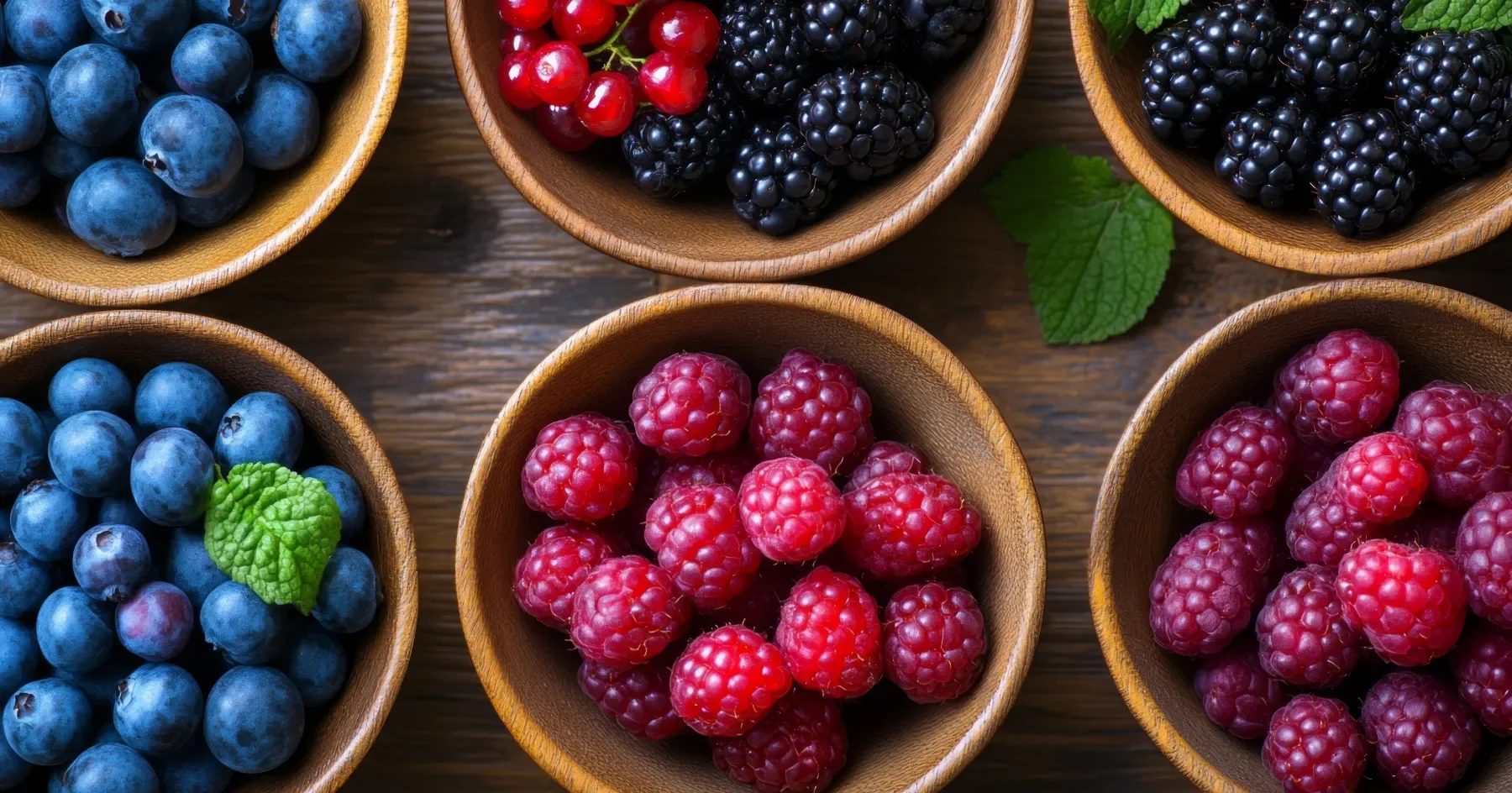Taking Care of Your Gut: The Magic of Fiber, Fermented Foods & Polyphenols
Your gut is the foundation of your health, affecting everything from digestion and energy to immunity and even mood. If you’ve ever experienced bloating, constipation (did you know you should go every single day?), or irregular digestion, it’s a sign your gut could use some extra care.
The good news? Nature provides powerful tools to heal your gut naturally.
Three of the most effective are fiber, fermented foods, and polyphenols. Here’s why they matter and how to incorporate them into your daily life.
1. Fiber: Feed Your Good Bacteria
Fiber is more than just a digestive aid—it’s the main fuel for your gut microbiome. Soluble fiber, found in oats, beans, and fruits, feeds the beneficial bacteria in your gut. These bacteria then produce short-chain fatty acids, which reduce inflammation and support the integrity of your gut lining.
Tips to add more fiber:
Include berries, apples, and pears in your breakfast or snacks
Add leafy greens, broccoli, or Brussels sprouts to meals
Experiment with legumes like lentils, chickpeas, or black beans
Add in 2 - 3 tablespoons of chia seeds daily (choose organic!)
2. Fermented Foods: Reinforce Your Microbiome
Fermented foods are rich in live probiotics, which help restore the balance of gut bacteria. These can improve digestion, reduce bloating, and even support immune function.
Popular fermented foods:
Yogurt (unsweetened, preferably grass-fed)
Kefir, kombucha, or water kefir
Sauerkraut, kimchi, miso, and pickles (naturally fermented, brands such as Bubbies)
Tip: Start slowly—adding small amounts daily can help your gut adjust without causing discomfort. If you notice issues after incorporating in fermented foods, you may be dealing with SIBO or histamine issues.
3. Polyphenols: Nature’s Gut Protectors
Polyphenols are plant compounds with antioxidant and anti-inflammatory properties. They help nourish beneficial gut bacteria and protect your gut lining from damage caused by inflammation or stress. They’re also super yummy!
Polyphenol-rich foods:
Berries (blueberries, raspberries, blackberries)
Dark chocolate (70%+ cacao)
Green tea, black tea, and coffee in moderation
Colorful vegetables like red cabbage, spinach, and artichokes
Putting It All Together
Here’s a simple gut-friendly approach:
Start your day with a fiber + polyphenol breakfast: oatmeal with berries and a sprinkle of seeds. Add in some protein, such as eggs or meat and a little fat, such as organic grassfed butter and you have a great meal.
Include fermented foods at lunch or dinner, like kimchi or sauerkraut on your salad or protein.
Snack on polyphenol-rich foods like dark chocolate or a cup of green tea.
Stay hydrated—water is essential for fiber to do its job.



